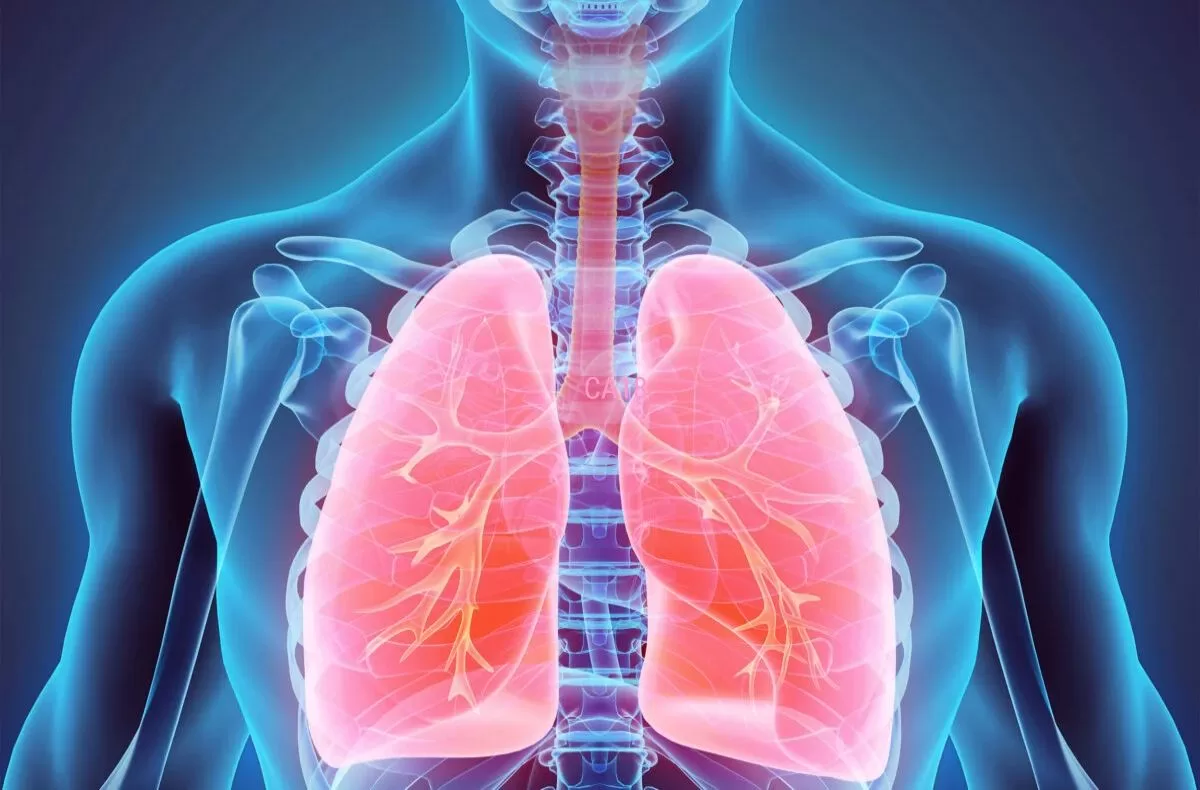take care of our gut flora It is very important because it defends us from bacteria, viruses or diseases, ensures the correct functioning of our digestive system, collaborates in the production of vitamins and the correct absorption of minerals. When an imbalance occurs in the intestinal flora, health problems appear, such as swelling of the abdomen on a regular basis and without apparent cause, intestinal colic, diarrhea, among others.
Gastroenterologist Sandra Pando SANNA Clínica San Borja explains the importance of taking care of our intestinal flora, because by reinforcing it with a healthy diet and physical activities we can strengthen our immune system.
Why is it so important to take care of our intestinal flora?
More than 70% of the body’s immune cells are located in the lining of the intestines. A large proportion of serotonin is also produced here, a neurotransmitter substance that leads us to be calm and with positive emotions, which result in our physical well-being. We must take care of our intestinal flora because it also defends us from bacteria, viruses or diseases, ensures the correct functioning of our digestive system, collaborates in the production of vitamins and the correct absorption of minerals.
How can we strengthen our immune system?
We must consider the following points:
o Exercise: do it in moderation, between 30 to 60 minutes most days; Plus it helps manage stress.
o Food: eat a diet rich in fruits, vegetables, whole grains and fats.
o Manage stress and anxiety: chronically they produce stress hormones (cortisol), which suppress the immune system, favoring infections.
o Get enough sleep: when you get little or bad sleep, the body produces cortisol to stay awake and alert. This hormone suppresses the response of the immune system. Having a restful sleep and getting enough sleep will naturally strengthen the immune system.
o Supplementation with vitamins and minerals: it is important to evaluate the levels of some minerals and vitamins, such as D and B12, zinc and iron, to find out if there is a deficit, in order to supplement them adequately. The deficit of these elements affects the immune system, which favors infections.
What are the best foods to take care of our intestinal flora?
It is important to consume fibers, vegetables with peel (soluble fiber) and whole grains (insoluble fiber) such as flaxseed, wheat bran, chia, granola and fiber cereal, which feed the intestinal flora and attract water to the intestine, avoiding constipation. .
It is also important to consume healthy fats found in foods such as fatty fish (rich in Omega 3), nuts, avocado and olive oil. This type of food is high in nutrients such as vitamin C, zinc and other antioxidants that help reduce inflammation and fight infections.
Red meat should be limited, especially processed and fried foods. Fermented foods such as yogurt, sauerkraut, miso (seasoning) and kefir should be included in the daily diet as they are probiotics that help build good bacteria in the gut, which stimulates the immune system and promotes healthy gut and digestion. healthy.
What are the signs that show a damaged intestinal flora?
The imbalance between good and bad bacteria, in which the bad ones win, causes what is known as intestinal dysbiosis or, what is the same, a functional and qualitative alteration of the microbiota. There are some symptoms that alert us, such as swelling of the abdomen on a regular basis and without apparent cause, intestinal colic, diarrhea, among others.
Can you give us some tips?
In addition to healthy eating, rest, and exercise, working on our emotions by cultivating positive thoughts and sensations helps us maintain this balance that will translate into good overall health.
It may interest you:
Where does the food we eat go?
How can our diet influence hair loss?
Can probiotics help prevent allergies?


